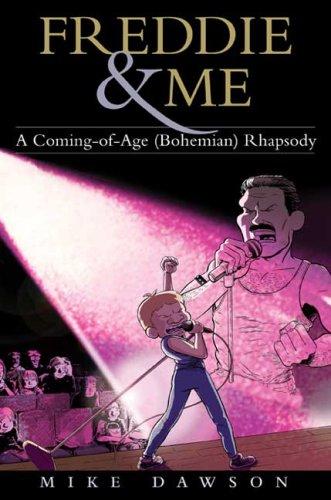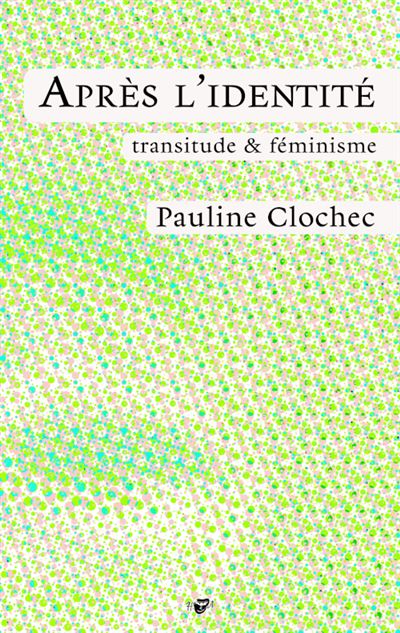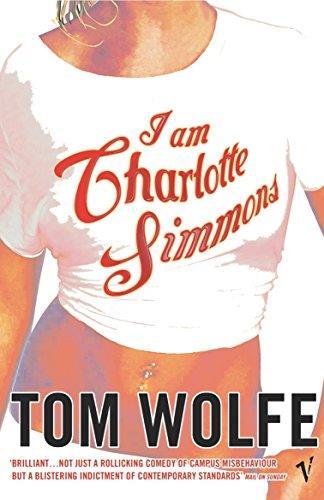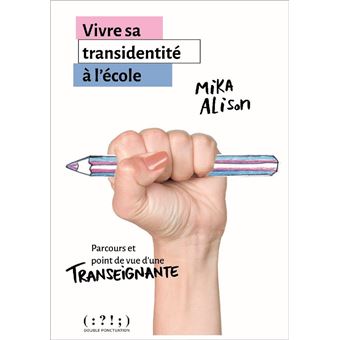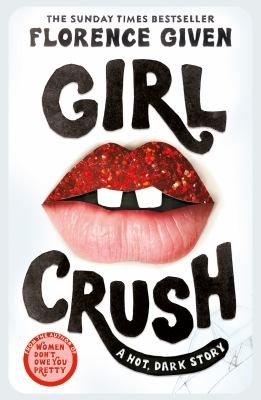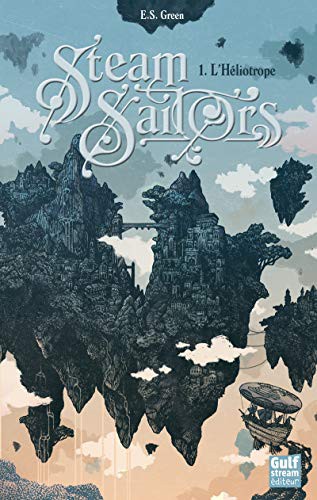@fu omg do you want the If Books Could Kill podcast episode on it?
User Profile
Petit rat de bibliothèque qui a beaucoup de mal à lire. J'ai 32 ans, je suis non-binaire (iel+neutre/masc) et vous pouvez me retrouver sur @tellington@eldritch.cafe. J'aime un peu tous les genres sauf l'horreur et le policier. Je lis (et écris) en français et en anglais.
Lil' bookworm who has a hard time reading. I'm 32, non-binary (they/them) and you can find me at @tellington@eldritch.cafe. I like almost every genre except horror and mystery/crime novels. I read (and write) in French and English.
This link opens in a pop-up window
Ezra Tellington's books
User Activity
RSS feed Back
Ezra Tellington started reading Hosni by Maximilien Le Roy
Ezra Tellington stopped reading

Vivre libre ou mourir by Arnaud Le Gouëfflec, Nicolas Moog
L'histoire du rock alternatif français des années 80, reflet d'une société en mutation, racontée à travers les destins croisés de …
Ezra Tellington stopped reading
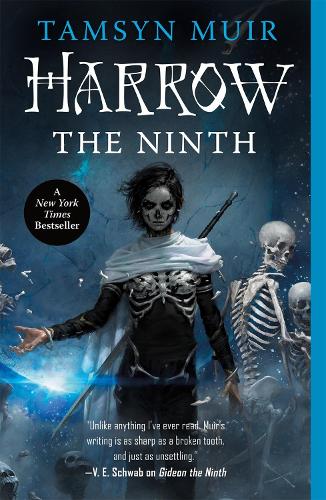
Harrow the Ninth by Tamsyn Muir (The Locked Tomb, #2)
THE NECROMANCERS ARE BACK, AND THEY'RE GAYER THAN EVER.
SHE ANSWERED THE EMPEROR'S CALL.
SHE ARRIVED WITH HER …
Ezra Tellington replied to Ji FU's status
Ezra Tellington started reading I am Charlotte Simmons by Tom Wolfe
Ezra Tellington finished reading Girlcrush by Florence Given
Ezra Tellington started reading Girlcrush by Florence Given
Ezra Tellington finished reading Où vont les larmes quand elles sèchent by Baptiste Beaulieu

Baptiste Beaulieu: Où vont les larmes quand elles sèchent (Français language, 2024)
Où vont les larmes quand elles sèchent by Baptiste Beaulieu
Le docteur Jean est généraliste dans une ville du Sud-Ouest. En ces temps de déserts médicaux, sa salle d'attente est …
Ezra Tellington started reading Où vont les larmes quand elles sèchent by Baptiste Beaulieu

Baptiste Beaulieu: Où vont les larmes quand elles sèchent (Français language, 2024)
Où vont les larmes quand elles sèchent by Baptiste Beaulieu
Le docteur Jean est généraliste dans une ville du Sud-Ouest. En ces temps de déserts médicaux, sa salle d'attente est …
Ezra Tellington finished reading Vivre sa transidentité à l'école by Mika Alison
Ezra Tellington finished reading Steam Sailors - tome 1 L'Héliotrope by Ellie S Green
Ezra Tellington started reading Vivre sa transidentité à l'école by Mika Alison
Ezra Tellington finished reading La guerre et la paix by Leo Tolstoy

La guerre et la paix by Leo Tolstoy
"War and Peace centers broadly on Napoleon's invasion of Russia in 1812 and follows three of the best-known characters in …
